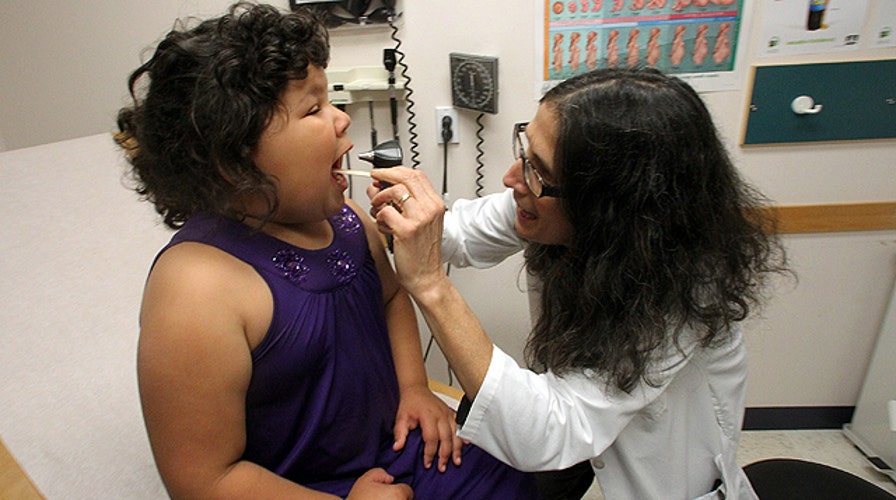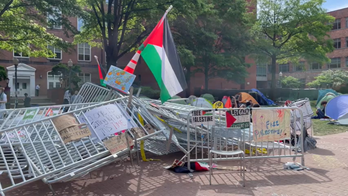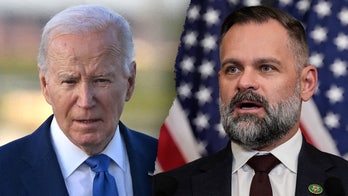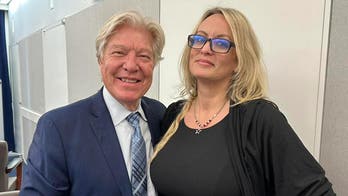The cost of subsidies for those seeking government aid through ObamaCare has increased dramatically, critics say – even before a single dollar has been collected.
Republican Sen. Orrin Hatch of Utah wrote a letter to the administration asking why the president is already requesting 107 percent more than three years ago to pay for subsidies.
"They low-balled everything, and they knew they were not asking for enough money to actually do this," John Goodman of the National Center for Policy Analysis said. "And so now they are coming along saying: 'Oh, we've just discovered we don't have enough money'. They should’ve known that from day one."
"I don’t think most of America will be shocked that a government project is coming in over budget," Jim Capretta of the American Enterprise Institute said. "It’s the typical story and so yeah it's probably happening in this case as well."
The remarks followed by days the administration’s announcement it was easing requirements on those seeking government aid through ObamaCare, making it easier to apply for subsidies.
White House spokesman Jay Carney portrayed it as another example of flexibility.
"We have made clear all along when it comes to working with states that we are flexible with the way that they implement the Affordable Care Act," he said.
The Department of Health and Human Services quietly announced Friday it was tweaking the rules requiring those seeking federal aid for insurance coverage to prove they actually need the help.
Under the law, those seeking subsidies are supposed to have incomes no higher than 400 percent of the federal poverty line. Further, they can't have access to affordable insurance through their jobs.
The administration looked to the newly created "exchanges" -- a blend of federal- and-state run insurance marketplaces -- to verify those facts. Originally, the administration wanted to launch random checks to verify whether applicants got insurance through their jobs, and to individually verify everyone's income level.
But Reuters reports that the new rules released on Friday will give 16 states -- as well as the District of Columbia -- a pass for now on the employer-insurance verification. For those states, which are launching their own exchanges, the federal government will give them until 2015 to start random checks. The exchanges themselves launch at the beginning of 2014.
Last week the administration also announced it was delaying until 2015 a requirement that businesses employing 50 or more workers provide access to insurance.
On "Fox News Sunday," critics and supporters took very different views of the effect of that delay.
"What it's doing to keep employers from bringing on any kind of employee," said Republican Sen. Bob Corker of Tennessee. "It's been very damaging. And I think just moving it back a year is not going to undo the uncertainty that people have."
But Democratic Sen. Jack Reed of Rhode Island said, "the vast majority of companies in this category provide health care already and they'll continue to so. But I think given the potential confusion, postponing it, not eliminating it, but postponing it for a year makes sense."
"They do it because they want to attract the best workers," said Ron Pollack of Families USA, a backer of the health care law said. "And workers are likely to be attracted to a company if you provide good benefits and good wages."





